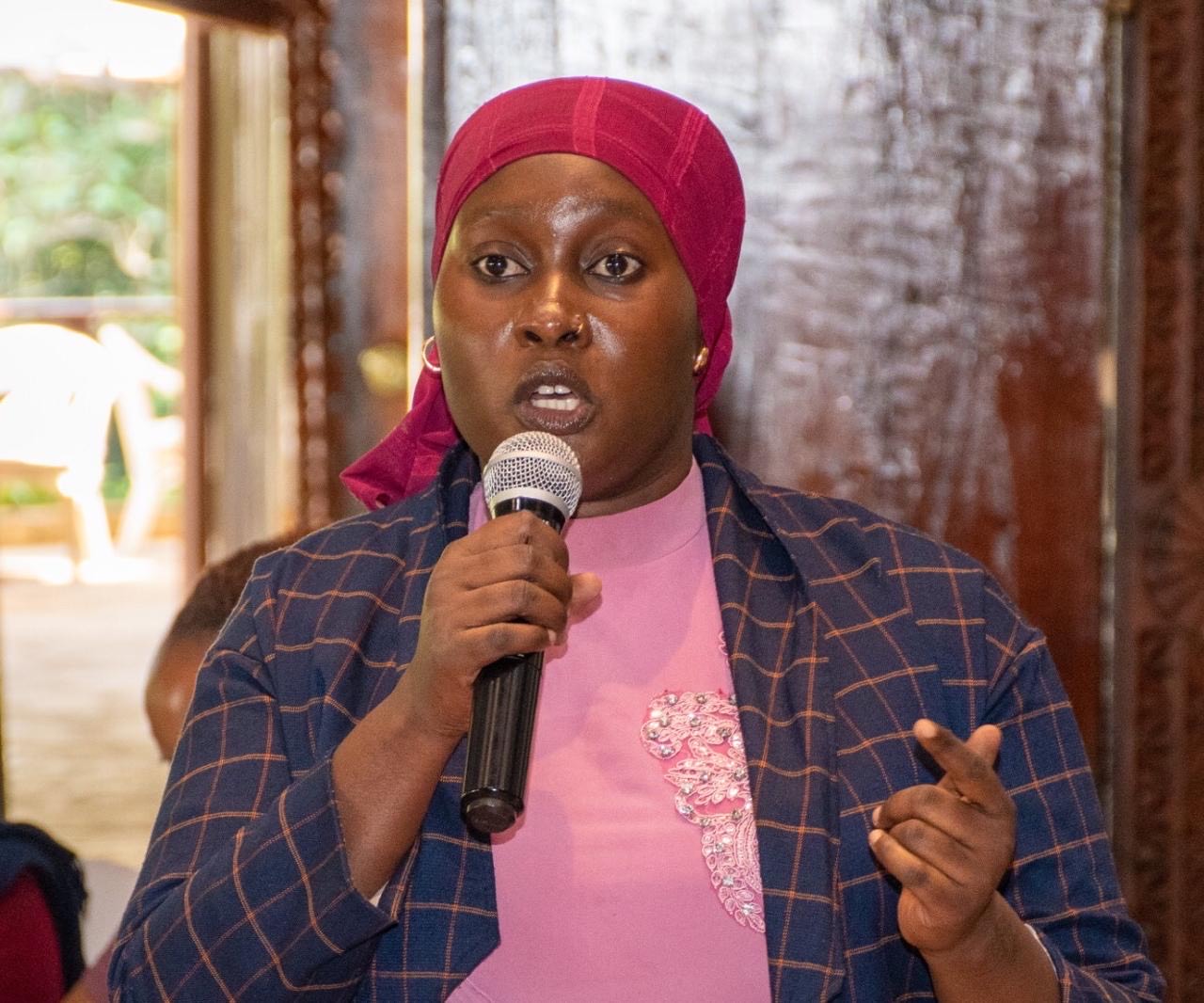 Rahma Issa, programmes officer, Social well-being and gender equity Pillar, Youth Alive Kenya./HANDOUT
Rahma Issa, programmes officer, Social well-being and gender equity Pillar, Youth Alive Kenya./HANDOUT A new report by Youth Alive Kenya (YAK) has laid bare the persistent burden of unpaid care work on women and girls across the country.
The report is in partnership with Oxfam in Kenya and funded by Global Affairs Canada
The study, titled Assessment of Time and Labour-Saving Infrastructure (TLSI) in Reducing and Redistributing Care Work in Kenya, draws on evidence from Nairobi, Kiambu, Mombasa, and Nakuru counties.
It highlights how inadequate infrastructure and high costs continue to limit the use of tools and services that could ease this workload.
Tasks such as fetching water, cooking, cleaning, and caring for children, the elderly, or people with disabilities remain largely invisible in economic statistics, yet they consume significant time and energy.
The report finds that women—particularly those in urban informal settlements—shoulder most of this responsibility.
While there has been progress in expanding water and energy access, the availability of TLSI remains low due to poor infrastructure, high costs, and limited awareness.
Speaking at the report’s launch, Rahma Issa, YAK’s Programmes Officer for Social Well-being and Gender Equity, said the findings go beyond statistics.
“It shines a light on care work, a vital yet invisible contribution, undervalued and disproportionately carried by women,” Issa said.
“Guided by the 5Rs—Recognise, Reduce, Redistribute, Reward, and Represent—the report offers practical, community-driven solutions to value care work, reduce time and effort through better access to services, share responsibilities fairly, reward care with fair wages and conditions, and ensure caregivers have a voice in infrastructure decisions.”
The report notes stark differences across regions.
In rural Nakuru, many households still depend on firewood and unpiped water.
In Mombasa, erratic water supply forces families to buy from private vendors.
Even in better-served areas like Nairobi and Kiambu, appliances such as washing machines, clean cookstoves, and refrigerators remain out of reach for most low-income households.
Domestic workers—key players in the care economy—are often employed informally, without training or trust to use modern appliances, trapping households in cycles of time-consuming manual labour.
This limits women’s ability to pursue education, paid work, or community involvement.
The study identifies several structural barriers: high appliance costs, insufficient public investment in water and energy infrastructure, limited understanding of TLSI benefits, and a lack of coordinated national policy or tax incentives.
Private sector involvement is also minimal, with only five of 44 relevant institutions participating in the assessment.
To close these gaps, the report urges the government to integrate TLSI into development plans, introduce tax and import duty exemptions for relevant technologies, and support community financing models to make them more affordable.
It also calls for targeted training and awareness campaigns for employers, care workers, and service providers, as well as improved gender-disaggregated data to guide investment and track progress.











